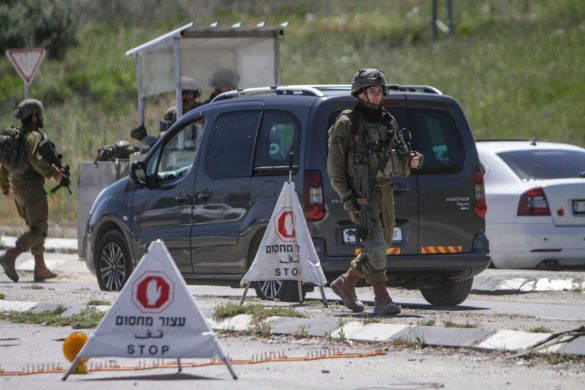Revolutionære drømme er blevet et økonomisk mareridt for mange, som har mistet deres arbejde siden den folkelige opstand i februar
CAIRO, 7 December 2011 (IRIN): Thunderous chanting by thousands of demonstrators in Tahrir Square echoed on Falaky Street, hundreds of metres away, but fava bean seller Ashraf Ibrahim could find no reason to join in the revolutionary fervour.
– The revolution has brought people like me nothing but loss and poverty. I wish it had never happened, Ibrahim, 36, told IRIN.
Almost 10 months after the euphoria that followed the ousting of President Hosni Mubarak, large sections of the population find themselves close to total economic ruin.
The people who had initially hailed the popular uprising that ended Mubarak’s 30-year rule as opening the way for their political well-being and economic welfare, are now blaming the revolution for their deteriorating economic conditions, having seen it bring nothing but job losses, higher commodity prices and political turbulence.
The ruling Supreme Council of the Armed Forces recently said Egypt’s foreign reserves would plunge by a third to 15 billion US dollar by the end of January and the budget deficit would grow, possibly leading to a review of sensitive subsidies (statsstøtteordninger for at holde priserne nede).
The Central Bank put reserves at 22 billion dollar at the end of October, down 2 billion from a month earlier and showing a faster decline than in previous months. Economists say even that level leaves limited firepower to cope with a looming currency crisis.
No tourists and closed factories
– Tourists have stopped coming, factories are closing down, and hundreds of thousands of people have already lost their jobs, said Rashad Abdou, an economics professor at Cairo University, adding:
– The indicators just reveal the very sensitive economic crisis this country has started to slip into after the revolution.
These indicators have already turned into painful reality for ordinary Egyptians such as Ibrahim. This time last year, the father of six could not find space on this busy street near several ministries to seat his many customers.
Now, however, the turbulence in the vicinity of Tahrir Square is cutting the numbers of people showing up at government offices, destroying Ibrahim’s business and making him anxious about the future.
– Before the revolution, I earned enough money to pay the rent for the flat, feed my children, and send them to school. Day after day I find all these things impossible to do. Matters might even get worse, Ibrahim said.
Tough realities
Læs videre på http://www.irinnews.org/report.aspx?reportid=94414














